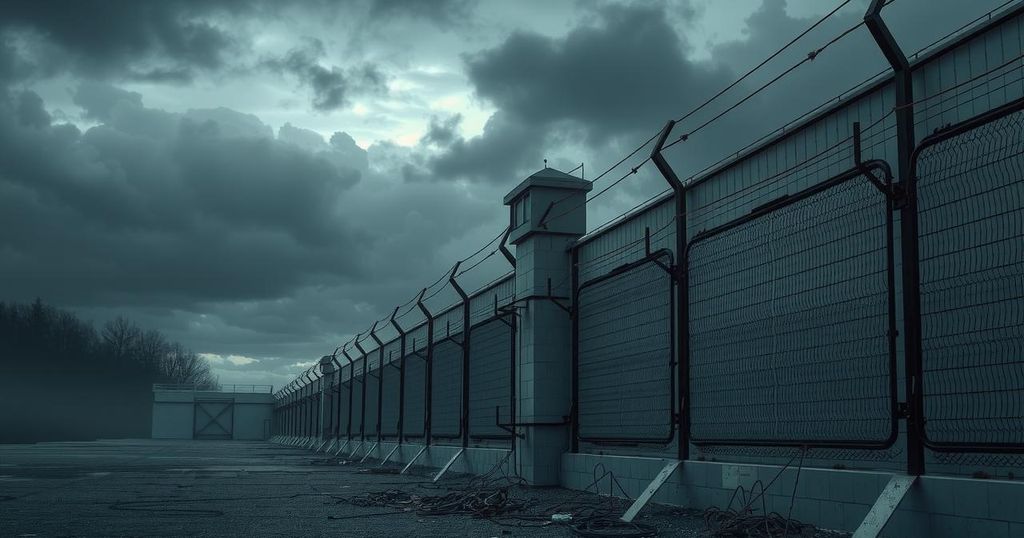World news
ASIA, CBS NEWS, CE, CECOT, CENTER FOR THE CONFINEMENT, CENTER FOR THE CONFINEMENT OF TERRORISM, CUBA, DONALD TRUMP, E. R, EL SALVADOR, GUN VIOLENCE, LEGAL CHALLENGES, LEGAL ISSUES, NBC NEWS, NORTH AMERICA, PHILIPPINES, POLITICS, PRISON SENTENCE, SOCIAL ISSUES, SOUTH AMERICA, TRUMP, UNITED STATES, VENEZUELA, VERA, VILLAMIZAR, WLADIMIR VERA VILLAMIZAR
Fatima Khan
0 Comments
Wladimir Vera’s Health Concerns Spark Debate Over Deportation Treatment
- Wladimir Vera underwent emergency right pneumonectomy recently.
- His family is worried about his health in Salvadoran prison.
- Due process concerns are emerging regarding his situation.
- Medical professionals express alarm over his treatment options.
- Vera’s past incarceration raises complex legal questions.
Wladimir Vera’s Health Concerns Amid Detention
Health concerns for Wladimir Vera Villamizar have heightened amidst his detention in a Salvadoran prison. After suffering from severe complications related to a past tuberculosis infection, the 33-year-old Venezuelan welder underwent a life-altering right pneumonectomy just weeks prior to being forcibly deported to El Salvador. His family, echoing their distress, conveyed how they have been left in the dark about his medical condition since his deportation, desperate for any news of his recovery or well-being.
Legal Implications of Deportation Orders
Vera’s case has prompted heightened scrutiny and legal debates regarding due process, particularly how prior convictions might affect the treatment of individuals in such circumstances. The legality of his deportation alongside many others under an emergency presidential order is currently being scrutinized in federal courts, stirring controversy. Vera’s mother disputes the claim made by the Department of Homeland Security, asserting that her son was wrongfully accused and never part of the dubious gang cited by officials.
Medical Risks for Detainees Post-Surgery
There is particular alarm from medical experts regarding the treatment, or lack thereof, that Vera may be receiving at CECOT. Doctors point out that following a major surgical procedure like a pneumonectomy, appropriate recovery steps are critical to avoid severe complications. With the absence of communication from Vera, and a rising fear among families of other detainees, the situation remains dire and fraught with concern over the safety and health of those deported without adequate medical support.
In summary, Wladimir Vera’s case represents broader issues surrounding the treatment of deportees and their rights to medical care. With his family’s grave concerns, the ongoing legal battles highlight the precarious and alarming nature of the current deportation policies. As advocates continue to seek answers, the health and safety of Vera and others in similar circumstances are urgently called into question, raising ethical considerations meriting immediate attention.




Post Comment